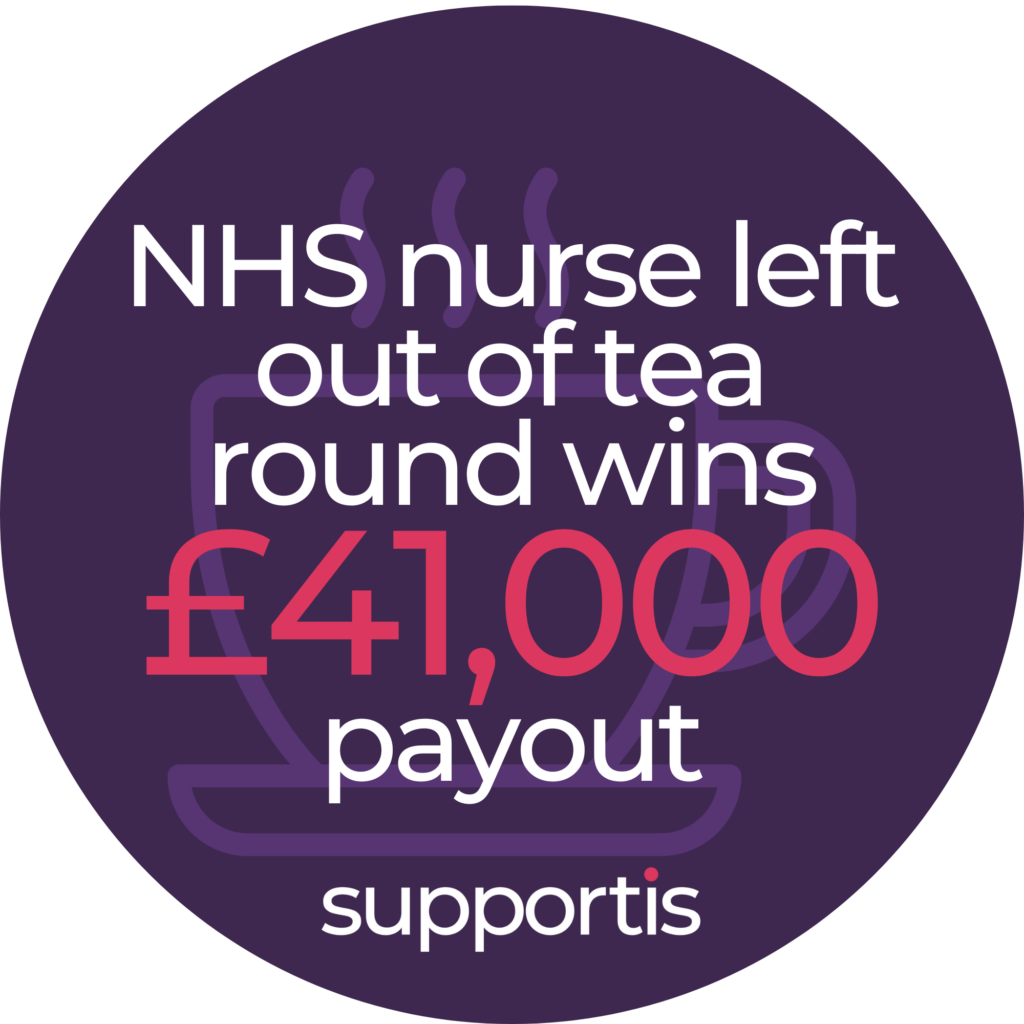For the majority of businesses in the UK, payroll makes up the largest part of expenditure so it’s vitally important to understand exactly what it consists of.
Payroll entails the management of BACS payments (automated direct debit or credit payments often used to pay employees) and includes calculating overtime which often changes month to month. Pay as you earn (PAYE) and National Insurance contributions (NIC) are also included, where relevant, totalling £250bn in the 2017/18 tax year according to HMRC.
Managing payroll effectively is of huge importance
Keeping employees happy and motivated at work is one of the most important factors to creating a successful business, and effective payroll management can help to achieve this. An efficient payroll system reflects a commitment to employees and recognises them as a valued part of the business. If there are problems with payroll leaving employees underpaid for example, this will leave them disheartened and annoyed, causing damage to morale and overall productivity.
In more severe cases, employees may even file an Employment Tribunal claim, something that has become much easier for employees to do since Employment Tribunal fees were abolished in 2017 and carries extensive financial costs to the business.
Clearly it is vital for businesses to stay up to date with updates to the National Minimum Wage and National Living Wage in order to ensure all employees are paid what they are owed, such as the recent increase to the National Minimum Wage on 1st April.
Ineffective payroll management can have further non-financial effects as well. Underpaid employees are likely to speak out about their frustration leaving their business’ reputation severely tarnished. Although this may not carry direct financial costs, it affects the ability to attract the most skilled workers which can impact on recruitment costs and productivity in the long term.
Smart payroll management can separate a business from its competitors
Payroll giving is a scheme frequently used by UK businesses whereby employees who receive their salaries through payroll are able to give an agreed tax free sum to a charity of their choice. According to the Charities Aid Foundation, only around 0.2% of employers in the UK offer payroll giving schemes to their staff, meaning that it is a great way to gain an edge over competitors. In competitive sectors the image of a business may be what holds it in higher stead than its rivals in the minds of consumers and potential employees alike; associating with charitable organisations can enhance your business’ reputation, allowing you to get ahead of your rivals.
The future of payroll and what it means for businesses
In recent years the payroll industry has become much more automated, largely due to its cost effectiveness and efficiency. However since the General Data Protection Act (GDPR) came into effect on 25th May 2018, replacing the Data Protection Act, firms using automated systems have had to become increasingly aware of legislation regarding data protection in their payrolls.
Part of the introduction of the GDPR is the removal of the administrative fees of submitting a Subject Access Request (SAR). SARs involve employees requesting their personal data, including;
- What data the business holds on them
- Why they hold it, and
- Who the data is disclosed to
Payroll automation is founded on employee data being consistently available across interfaces, causing a grey area and potential conflict with SARs.
Since the introduction of the GDPR, there have been nearly 35,000 complaints submitted to Data Protection Authorities (DPAs) at a rate of 51 per 100,00 people. Although this may not seem like many, it more than doubles that of the next highest of European countries (Germany at around 15,000). This is of huge importance to UK businesses as a breach of GDPR laws can subject them to fines of 4% of annual global turnover, or up to £16.5million. Considering that there were around 12,000 breach notifications submitted to DPAs within the first year of its introduction, business need to ensure they are aware of their responsibilities on data protection in their payrolls.
If you require any further advice regarding Payroll, Subject Access Requests or other HR & Employment Law issues, contact one of our Employment Law Consultants on 0161 603 2156.




